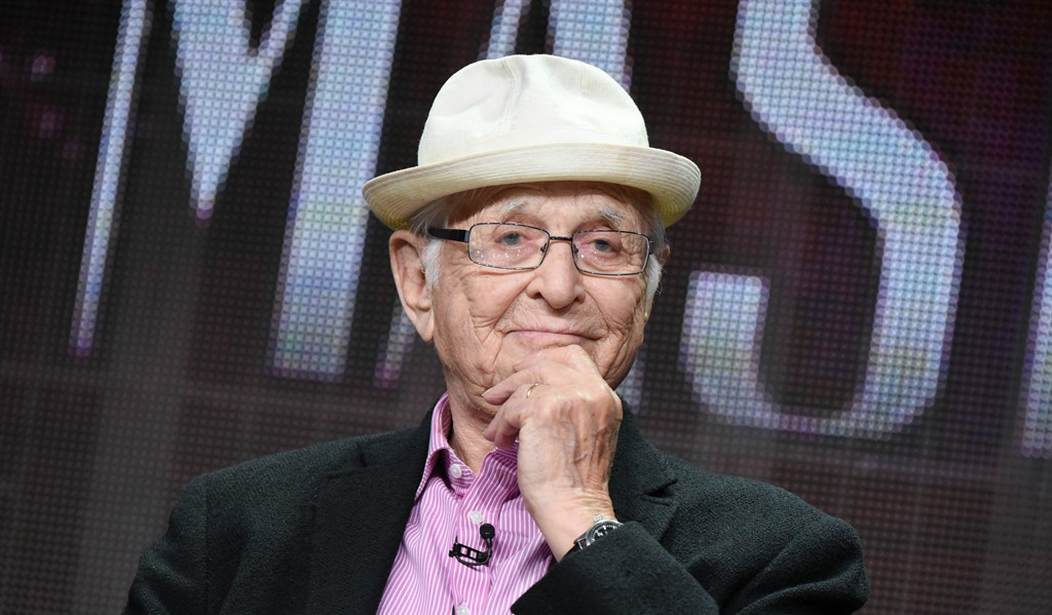On Tuesday, America lost one of its true television pioneers. Writer-producer-developer Norman Lear died at his home of natural causes at the age of 101. The body of work he left behind would be hard to match by anyone else. In his prime, Norman Lear was never afraid to tackle touchy, delicate subjects like politics and race relations on his TV shows. If it got Americans talking about subjects that needed to be talked about, it was usually a Norman Lear show that got the discussion rolling. His influence on American culture and society can be felt to this day.
RIP #NormanLear 101 years on earth as landmark, courageous visionary who gave us the best sitcoms ever produced. Ironically, he and Mel Brooks thrived in an era where such material make us think, unlike the modern day mindless sitcom tripe. #Legend
— BrunoNation (@TonyBrunoNation) December 6, 2023
America had survived the 1960s, but Norman Lear's prime was one of America's most unique decades, the 1970s. We still dealt with things like the war in Vietnam and marches for the rights of minorities and women, but Norman Lear managed to make America laugh at some of those serious subjects and, at the same time, laugh at ourselves.
For me, Norman Lear's prime was somewhere between the ages of maybe seven and ten or 11. I remember my parents sitting down to watch "All in the Family." I grew up in a pretty conservative house, but all I knew was that Archie Bunker could make my dad, who was a pretty straight-laced guy, laugh so hard he would cry. Even as a child, I think I recognized that Archie was not an articulate guy, not all that great at saying what he meant, and that some of the words he used were not all that acceptable, even for adults. I knew that Archie didn't treat his black neighbors very well, and I knew that I didn't like it when he bossed Edith around and called her "dingbat."
As an adult, I like to watch reruns of "All in the Family." As a child, I watched my parents laughing at the jokes but I was too young to understand them, so now it is fun to go back and watch now that I do. I also realized what an amazing thing typecasting is, watching Rob Reiner's portrayal of Archie's son-in-law "Meathead." But for all of Archie's bloviating and bigotry, he was a man who loved his country. He had an American flag sticker on his front door, and he was an "America, love it or leave it" kind of guy. He was a product of the World War II generation, "where girls were girls and men were men." I think that is what my parents and a lot of Americans identified with as America became increasingly populated with meatheads.
The best thing Norman Lear (R.I.P.) contributed to American society was correctly labeling the obnoxious Rob Reiner as "Meathead."
— Michael Quinn Sullivan 🇺🇸 (@MQSullivan) December 6, 2023
After Norman Lear got the conversation started by giving Archie Bunker black neighbors, he created "One Day at a Time." The show was about a single mother, a bit rare for those days, raising her teenage daughters. I didn't have any close friends whose parents were divorced — again, it was the 70s — but did have some classmates that I knew of who dealt with the things that Julie and Barbara Cooper (Mackenzie Phillips and Valerie Bertinelli's characters on the show) did. I loved the episode where Valerie Bertinelli dressed up like Elton John, I liked him too. But probably the most impactful were the series of episodes where Julie ran away with her boyfriend. I was a bit young for boyfriends at that point. But the part about my parents being worried sick if I ever did anything like that took a back seat to wondering if I would have the cajones to attempt that myself if I was mad enough at my mom. By the time "One Day at a Time" premiered, I was 10 and getting a glimpse, like all girls my age, of what things might be like at times between my mother and me when, in just a few years, I became a teenager. A lot of it was spot on.
Did Norman Lear know he was influencing millions of young people like me with his shows? I'm sure he did. While he and I might not have agreed on much now, I want to thank him for all of the good childhood memories I have watching what he created with my parents, even if I didn't always understand why they were laughing.
Norman Lear (1922-2023): pic.twitter.com/mmPnFcevsA
— Michael Beschloss (@BeschlossDC) December 6, 2023














Join the conversation as a VIP Member